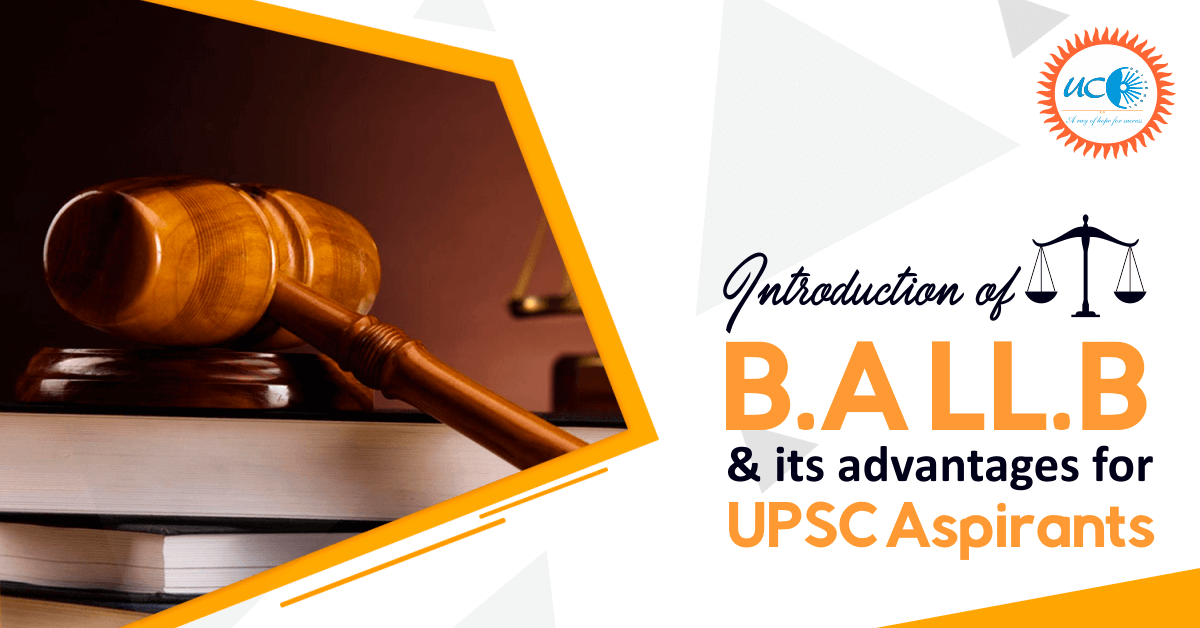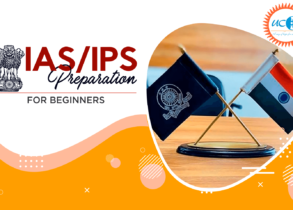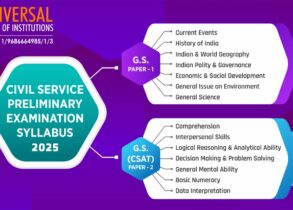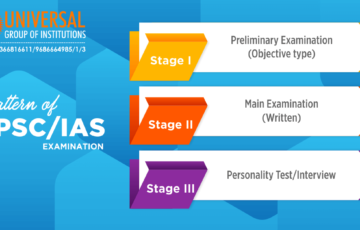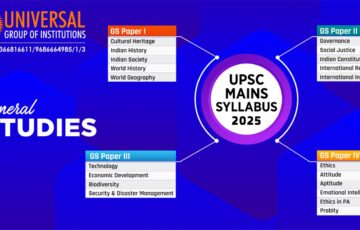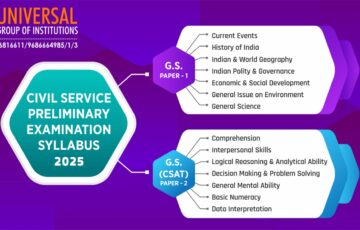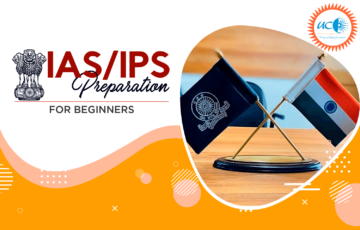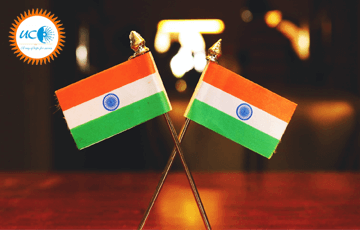Introduction of BA.LLB and its advantages for UPSC aspirants
Introduction:
- The Bachelor of Arts – Bachelor of Legislative Law (BA LLB) course is an integrated law degree that the law aspirants can pursue after qualifying 12th / 2nd PUC examinations
- It is an integration of Arts and Law subjects
- Duration: 5 years
- Students study subjects including Economics, History, Political Science, Sociology along with law subjects like Civil Law, Criminal Law, Labour Law, Tax Law, Administrative Law, Corporate Law, Patent Law etc
- Students are also taught about law case studies, moot courts, law internships, seminars and interactions with retired judges from High courts and the Supreme Court of India.
Eligibility Criteria
- Students belonging to General/ OBC/ Specially abled person categories need to secure at least 45% marks at their 10+2 level
- The percentage fixed for SC/ ST category is 40%.
Age Limit
- The Bar Council of India (BCI) states no minimum or maximum age limit criteria is required for admissions to BA LLB course or five-year integrated law courses.
Benefits of Pursuing the Course
- You study for one degree, you get two degrees in your hand
- Career options are much more for students who have pursued the integrated course as compared to the other students
- Students save one year by undertaking the integrated B.A. LLB course as a study option.
- Students can focus more on extra-curricular activities like MUN, moot courts, client counseling, and internships.
Advantages of doing BA/LLB in UPSC/IAS
“A lawyer may not know everything, but he must know something about everything”. The concept of UPSC is based on the above Quote as UPSC says that any person with basic knowledge of all subjects can attempt/ clear the exam.
Some Important Points to be noted
- The subject covers the substantial syllabus of UPSC exam as a whole as the syllabus of optional paper of law has to reference in other General Studies papers too.
- (BA/LLB) covers Constitutional Law & Administrative law in the first section and International law in the second section. Whereas the General studies paper II covers Governance, Constitution, Polity, Social Justice, International Relations. ( Both are same) . Hence substantial part of General Studies Paper II is covered in the optional paper I of Law.
- General Studies paper III, some of the topics are Cyber Security, Money Laundering, Various Security forces and agencies and their mandates, Land Reforms in India, Biotechnology and issues related to intellectual property rights, Conservation of Environment, etc. These topics are an integral part of (BA/LLB), Contemporary legal developments section which covers, Cyber laws, Statutes concerning Environment, Intellectual property rights, etc.
- Also, You are covering Law optional Subject completely
Hence by choosing BA/ LLB as a degree, you are covering a substantial amount of UPSC/ IAS Syllabus

